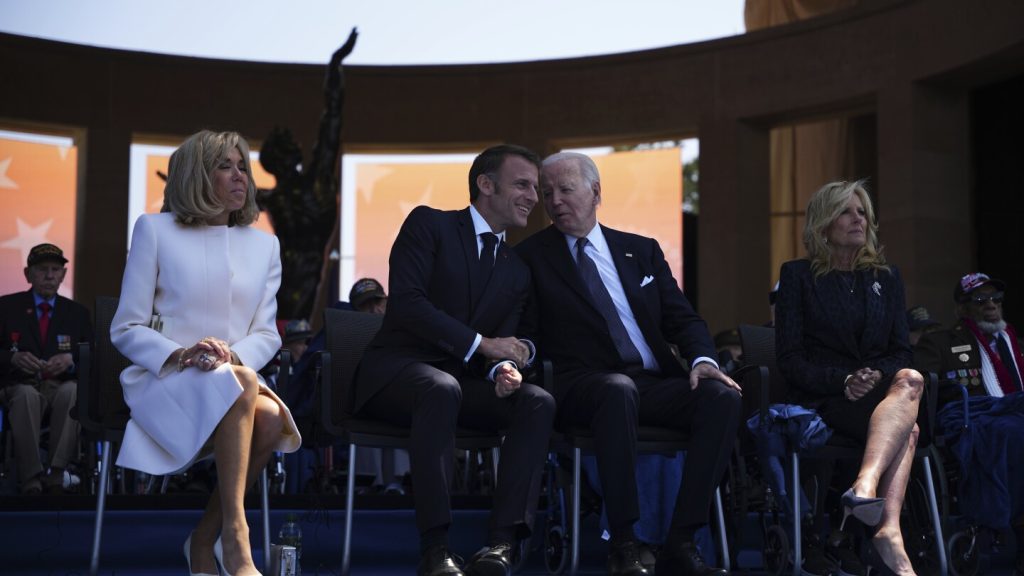In a roundup of popular but untrue stories and visuals of the week, the Associated Press debunked several viral claims circulating on social media. One such claim involved a video edited to make it seem like President Joe Biden tried to sit in a chair that wasn’t there during a ceremony in Normandy, France commemorating the 80th anniversary of D-Day. The video, which cut off before Biden actually sat down, was shared to perpetuate false narratives about the president’s health.
Another debunked claim centered around an anti-abortion activist named Paulette Harlow, who was falsely accused of being sentenced to two years in prison for praying outside an abortion clinic in Washington. In reality, Harlow was convicted of federal civil rights offenses for her role in blockading the clinic and was sentenced to prison for felony conspiracy against civil rights and violating the Freedom of Access to Clinic Entrances Act, not for praying.
A fabricated image of a bottle of rainbow-colored mayonnaise called “Gayo” supposedly released by Kraft to celebrate Pride Month also made rounds on social media. The image, created by a social media user known as Doctor Photograph, was shared out of context to imply that the condiment was real. Kraft Heinz confirmed that “Gayo” is not a real product, and the image was made as a joke by the user.
President Biden’s speech at the D-Day commemoration event in Normandy was also covered, where he pledged continued support for Ukraine and emphasized the importance of alliances. The D-Day invasion on June 6, 1944 was highlighted as a significant moment in history that showcased the strength of alliances in the fight against Nazi domination. Nearly 160,000 Allied troops landed in Normandy on that day, facing German troops in a pivotal battle of World War II.
The false narrative surrounding Paulette Harlow’s sentencing continued to spread on social media, with users misrepresenting the reasons behind her prison sentence. Despite the misinformation, Harlow was convicted for her involvement in blockading an abortion clinic, not for simply praying outside. The case highlighted the enforcement of laws like the Freedom of Access to Clinic Entrances Act to protect individuals seeking reproductive health services.
Overall, the debunked stories and visuals highlighted in the roundup serve as a reminder to be cautious of false information circulating on social media. Fact-checking and verifying sources are essential steps in combating the spread of misinformation and ensuring that accurate information is shared with the public. The AP Fact Check is a valuable resource for readers to access reliable information and discern the truth from falsehoods in today’s digital age.


